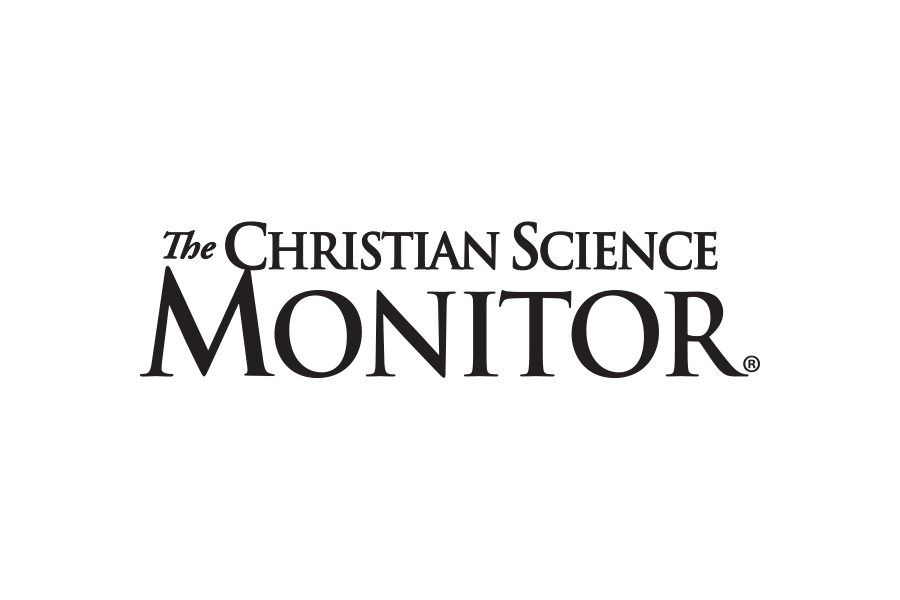Recently, I realized I’d been entertaining thoughts of unworthiness related to a long-standing rift with a family member. For years, I’d believed that keeping my distance was enough to mitigate our issues, yet whenever I thought about the relationship, I found myself caught in a cycle of self-reproach, self-pity, and bitterness. It now dawned on me that I might be feeling unworthy – not only of my family member’s love but of God’s love as well.
I turned to the Bible for guidance, hoping to gain a higher, more healing perspective on worthiness and love.
The Gospels share the story of Jesus healing a man “sick of the palsy” (see, for instance, Matthew 9:2-7). I found myself struck anew by the fact that Jesus forgave the man’s sins before healing him physically. Jesus’ approach reveals a profound truth: Forgiveness and healing are intertwined in a way that transforms us at the deepest level. They point to our potential for realizing divine grace.
One of the most profound aspects of Jesus’ ministry was his ability to make individuals feel worthy of God’s love. By assuring people that their sins were forgiven, he dismantled feelings of unworthiness and self-condemnation that impeded healing.
In thinking about my family member, I reasoned that forgiveness is a powerful form of spiritual liberation. When we hold on to guilt, resentment, or self-condemnation, we prevent ourselves from experiencing genuine freedom and health. Christian Science teaches that sin is not an indelible stain, but rather a mistaken view of ourselves, and that this false view is lifted when we recognize our true nature as God’s likeness, enabling us to give up the sin. And as we realize that God’s love is impartial and ever present, we release any attachment to guilt or resentment, thereby opening the door to healing.
Forgiving others is also integral to this journey. By relinquishing resentment toward others, we unburden ourselves and pave the way for peace and well-being.
I needed to not only release the family member from my unloving thoughts about their behavior but also let go of any unloving thoughts I was holding about myself. “The way to extract error from mortal mind is to pour in truth through flood-tides of Love,” says Mary Baker Eddy, the discoverer of Christian Science, in “Science and Health with Key to the Scriptures” (p. 201). As we “pour … truth” into our own thoughts, we see each individual, including ourselves, in their true nature as spiritual and pure. Everyone is capable of reformation.
Forgiveness reflects our recognition of each individual’s God-given worth and potential. This isn’t always easy. Yet when we recognize it as an expression of God’s love, we realize that forgiveness isn’t a personal sacrifice but a divine gift to our own and others’ hearts.
Jesus’ teachings invite us to view forgiveness not as excusing wrongdoing but as unveiling our own and others’ true identity as God’s child. When Jesus healed the palsied man, he affirmed the man’s purely spiritual identity as God’s forever whole creation, which restored his physical health. This showed that healing involves acknowledging our unbroken relationship to God. Seen through the lens of this spiritual fact, Jesus’ healing ministry presents a model of forgiveness that is practical, even transformative.
Divine Love, God, empowers us to forgive ourselves and others without limit. Each time we forgive, we are not only reflecting God’s love but also reinforcing our comprehension of God’s allness.
Science and Health tells us that “Love is impartial and universal in its adaptation and bestowals” (p. 13), reminding us that forgiveness is a natural expression of divine Love’s very nature, not something we accomplish through human effort; it is God’s love made manifest in our hearts, gently removing all that is unlike Him.
Think of it: Every trace of guilt, resentment, and fear dissolves in the realization that we are already loved, already whole.
As I began to see myself and my family member in this true light of good only, I felt a release of a burden I had carried for years. Although the outward relationship hasn’t fully mended, I no longer carry resentment. I feel a deep peace – and a genuine love for this family member. I now feel open, expectant of mutual love, and confident that God is governing us both.
By following Jesus’ example of forgiveness, we cultivate a heart ready to receive healing and extend grace to others. Embracing this path, we experience the wholeness Jesus demonstrated for everyone he healed. And we witness the healing power of Love in our own lives.
Adapted from the Sept. 29, 2025, issue of the Christian Science Sentinel.

